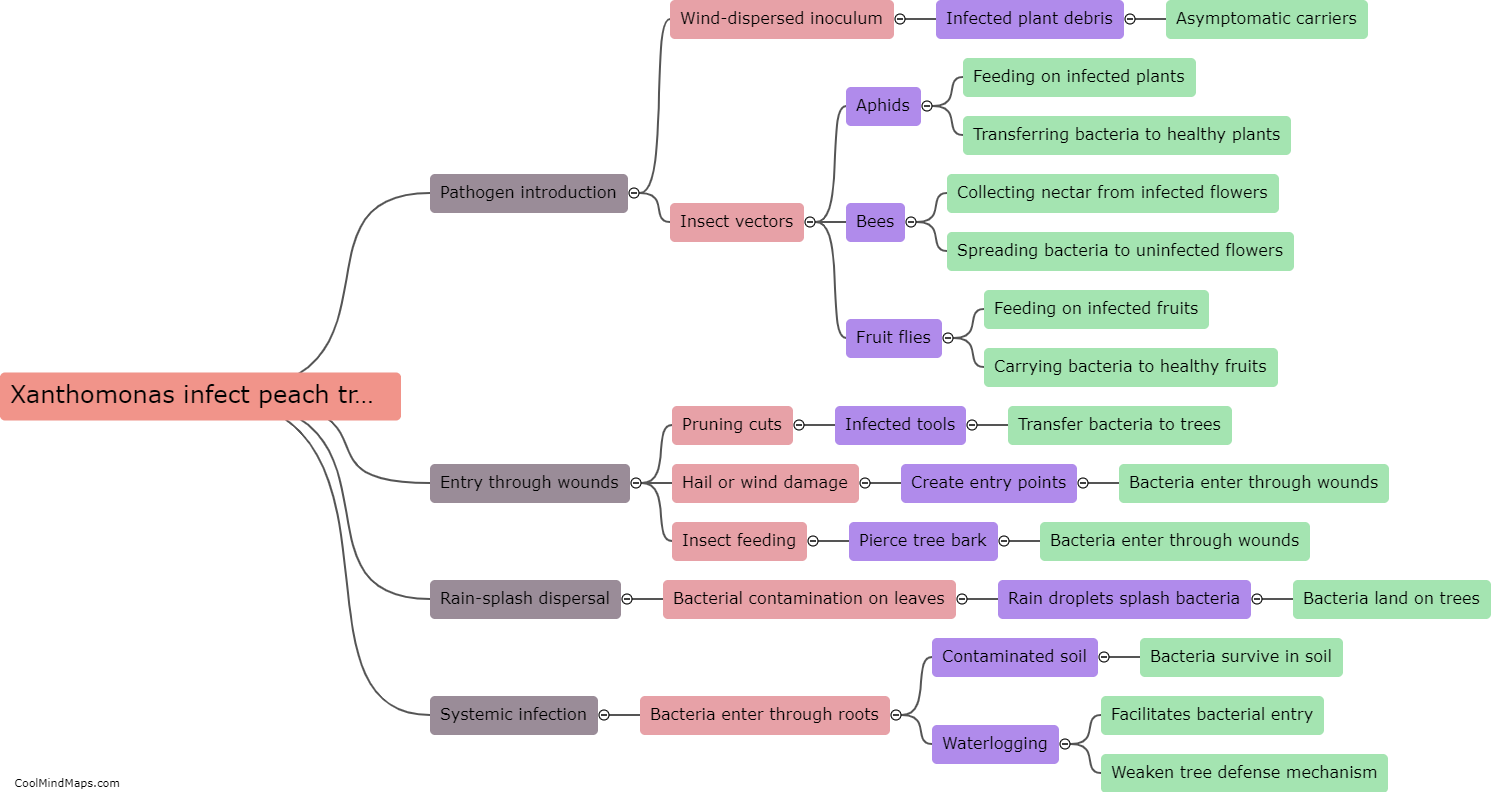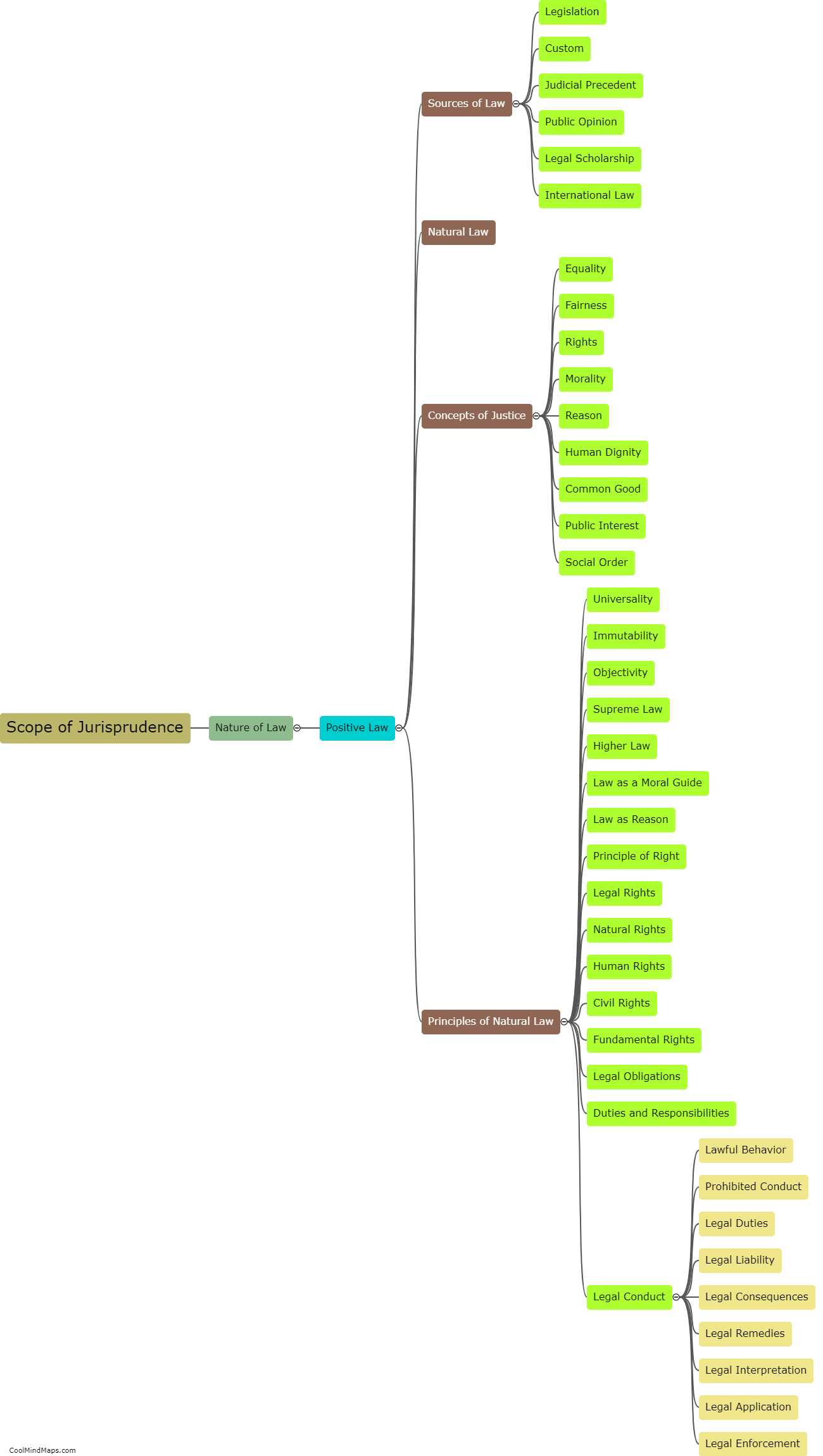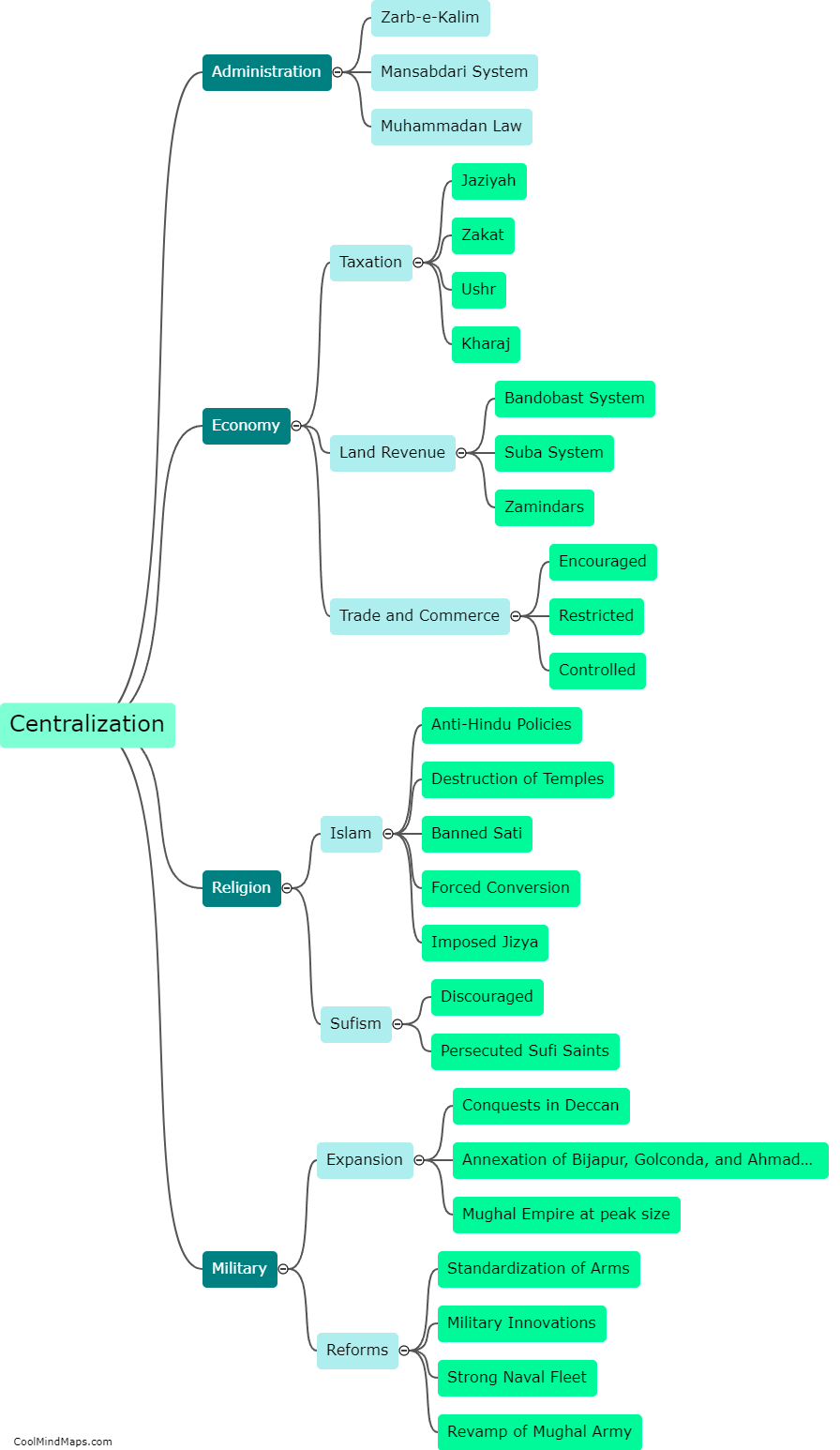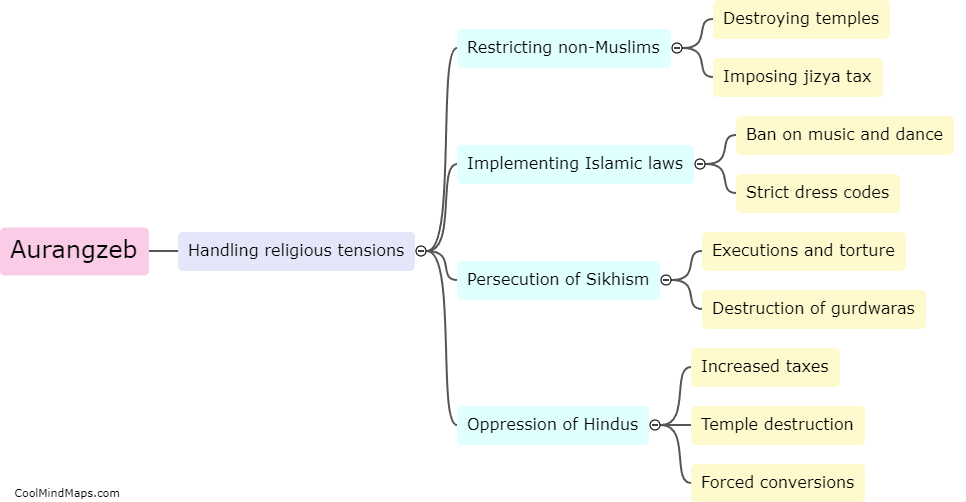What are the ethical implications of controlling others?
Controlling others, whether it is through direct coercion or subtle manipulation, raises significant ethical concerns. It infringes upon the fundamental principles of autonomy, freedom, and dignity, as it denies individuals the right to make their own choices and determine their own path in life. Exerting control over others can lead to a range of negative consequences, such as the erosion of personal agency and the suppression of diversity of thought. Additionally, it can contribute to power imbalances, exploitation, and the marginalization of certain groups or individuals. Ultimately, the ethical implications of controlling others point towards the importance of respecting and promoting individual autonomy, while recognizing the inherent worth and equal rights of every person.

This mind map was published on 11 August 2023 and has been viewed 114 times.











